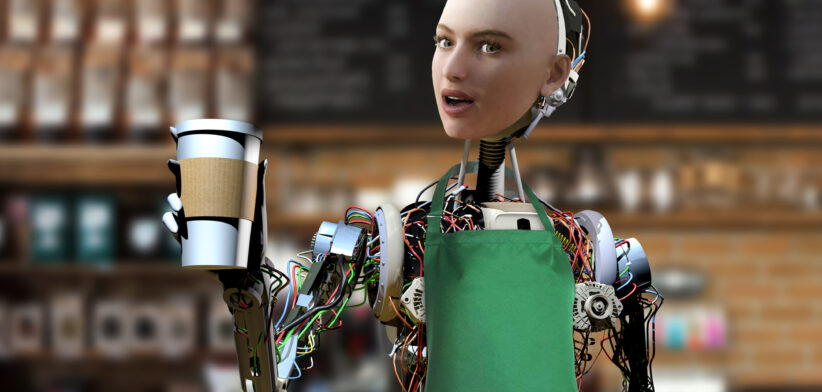Use of robots in hospitality settings is causing human workers to leave the industry due to high levels of stress and fears around their job security.
Washington State University research, released this week, found that employees who saw robots moving into their workplaces were more likely to want to leave their jobs.
The study, involving more than 620 lodging and food service employees, found familiarity with robots did not decrease the robophobia.
“Employees who had more actual engagement with robotic technology in their daily jobs had higher fears that it would make human workers obsolete,” the study report on the WSU website said.
“Perception also played a role. The employees who viewed robots as being more capable and efficient also ranked higher in turnover intention.”
Study lead author Bamboo Chen, a hospitality researcher in WSU’s Carson College of Business, said robots and automation could be useful in augmenting service.
This was through performing tasks that humans typically do not like doing such as washing dishes or handling loads of hotel laundry.
However, if the robotic additions caused more human workers to quit, this created a “negative feedback loop” that could worsen labour shortages.
“The turnover rate in the hospitality industry ranks among the highest across all non-farm sectors, so this is an issue that companies need to take seriously,” Mr Chen said.
“The findings seem to be consistent across sectors and across both frontline employees and managers. For everyone, regardless of their position or sector, robot phobia has a real impact.
“When you’re introducing a new technology, (you need to) make sure not to focus just on how good or efficient it will be. Instead, focus on how people and the technology can work together.”
The study report is on the WSU website.








